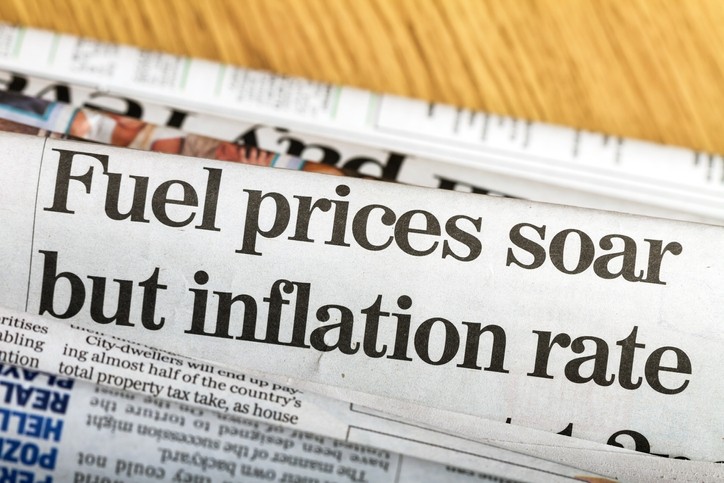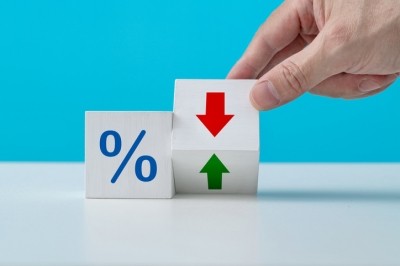Soaring energy and raw material costs bite into ForFarmers’ earnings

The company said it was not fully able to pass on price increases in raw materials and energy, and that its underlying total operating expenses increased substantially during the period.
The feed manufacturer’s gross profit was up by 9.3%, compared to the weak gross profit it reported in the first quarter of 2021.
Roeland Tjebbes, CFO and ad-interim CEO of ForFarmers, commenting on the financial results, said: “The first quarter of 2022 was mainly dominated by the shocking invasion of Ukraine by Russia resulting in awful human suffering. The war also impacts the availability of raw materials, a situation which we are continuously monitoring. Up to now we have succeeded in continuing to supply feed to our customers and, based on the current insights, we can continue to do so. In line with our previously stated expectations, we could not fully pass on the price increases of raw materials and energy, which were eve higher than expected due to the outbreak of the war. As result, we realized a substantially lower underlying EBITDA in the past quarter despite continued cost savings.”
Decline in compound feed sales
Volumes under the Dutch group's Total Feed portfolio fell by 7.3%, of which the compound feed element declined by 8.2%. Total Feed covers the entire ForFarmers' product range from compound feed to specialties, co-products, seeds and other products such as forage.
Sales volumes fell in all farmed animal sectors, it said, but more so in pig production due, in part, to the contraction of the herd in the Netherlands and ForFarmers ending a relationship with a large pig farming customer in the UK. Low pig prices also played a role, reported the company, with a significant percentage of pig farmers in Germany existing the industry. China’s export ban on pork imports from Germany due to ASF concerns led to a large oversupply of pigs in that market.
The company saw reduced sales in the poultry sector as well, with farmers in some countries reluctant to fill their barns with new chicks because of the high input costs. The recovery of the poultry sector continued in Poland, though, with the company reporting that it managed to attract new customers in that market.
Slight dip in ruminant market sales
Sales to ruminant farmers were only slightly lower than a year before. “Despite the higher milk prices, dairy farmers in Germany continued to feed their cows mainly with forage.”
Volumes in the UK ruminant sector were stable, said ForFarmers. Its position in the Dutch and Belgian ruminant markets also improved in the quarter. Farmers stocked up more on compound feed in March, just after the war broke out, noted the feed producer.
At the publication of the 2021 results, ForFarmers announced that underlying EBITDA in the first half of 2022 would be substantially lower (Y-O-Y) on the basis that raw material prices would stay high and that it would not be possible to fully pass these price increases on in the chain. With the subsequent war in Ukraine, those concerns remain, it said.








